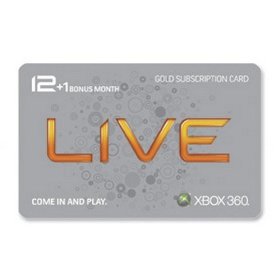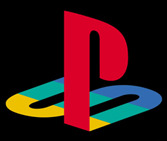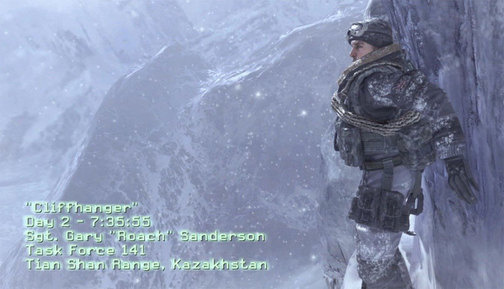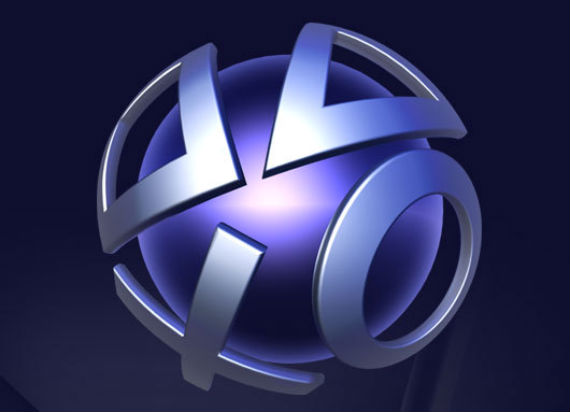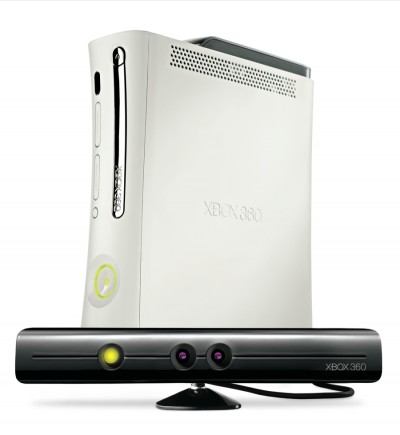 Some serious PC gaming is about to come to Macs, with Valve announcing that its Steam platform will support Apple computers in April.
Some serious PC gaming is about to come to Macs, with Valve announcing that its Steam platform will support Apple computers in April.
Valve says it’ll treat the Mac as a “tier-1” platform, meaning that its games and all updates will be released simultaneously for Windows and Mac. A new feature called Steam Play will let people play the same game on a Windows PC and a Mac for no added cost, with saved games transferring between computers.
Valve’s a heavy hitter in PC gaming, with iconic first-person shooters such as Half-Life, Counter-Strike and Left 4 Dead. And Steam, a platform for digital game downloads and online play, has 25 million members. That number will soon inflate with Mac support, and there’s a good chance other game developer will give Mac ports more serious consideration; DICE, the maker of recent blockbuster Battlefield: Bad Company 2, is already mulling a Mac version.
Why now? Thanks to Wikipedia, I found this 2007 Kiziko interview with Valve co-founder Gabe Newell, in which he explains that Apple never seemed particularly interested in gaming. “I just don’t think they’ve ever taken gaming seriously,” he said. “And none of the things developers ask them to do are done. And as a result, there’s no gaming market there to speak of.”
Apple has since made a few moves that show the company no longer ignores gaming. Indeed, the iPhone has proven that games are a lucrative market, so why not give the personal computer some love? Newell didn’t elaborate in the Kiziko interview what he wanted from Apple, but I’ll wager that Apple has addressed Valve’s concerns. Given the way Valve teased its announcement of Steam for Mac, it seems there’s a lot of love going around. Nothing wrong with that.

